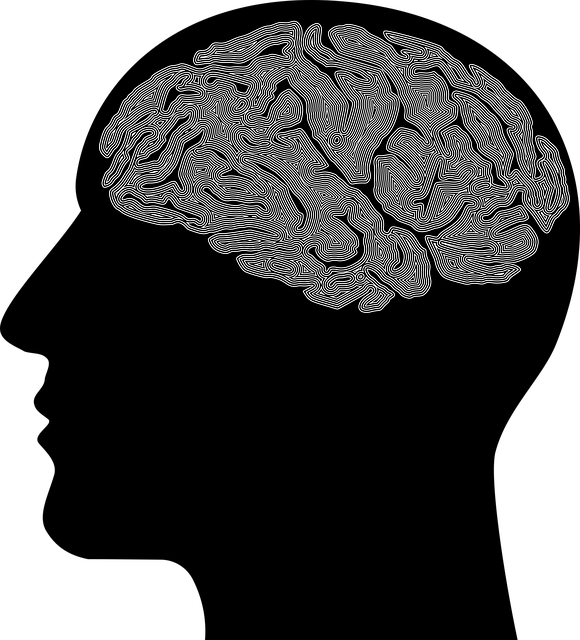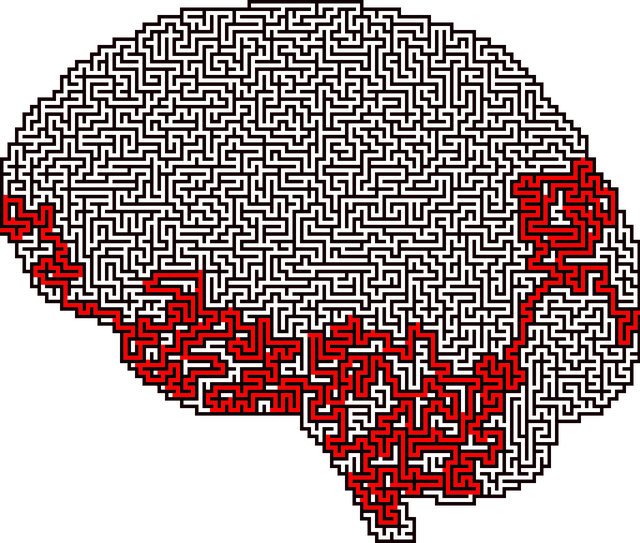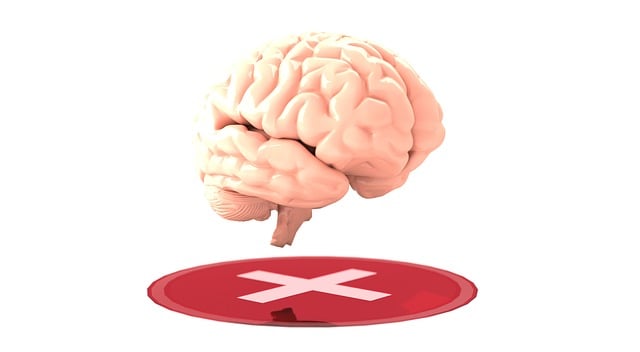Mental health policy analysis and advocacy drive positive change by improving access to quality mental healthcare services, such as the evidence-based Highlands Ranch Cognitive Processing Therapy (HRCPT). This holistic approach identifies gaps and barriers in mental health service landscapes, prioritizes provider burnout prevention, and promotes supportive policies beyond just treatment. HRCPT empowers individuals to manage psychological challenges, reducing stigma and enhancing community mental wellness. Policy analysis addresses disparities between urban and rural areas, while advocacy introduces HRCPT into mainstream services through educational campaigns and collaborations. Strategic evaluation using evidence-based methods tracks key indicators for improved mental health outcomes, emphasizing self-care and individual resilience.
Mental health policies play a pivotal role in shaping access to quality care, yet significant gaps and inequities persist. This comprehensive analysis explores strategies to enhance mental wellness through innovative approaches like Highlands Ranch Cognitive Processing Therapy (HRCPT). We delve into understanding policy fundamentals, assessing HRCPT’s impact on community mental health, analyzing existing disparities, and advocating for integration. By measuring success effectively, we can drive meaningful change in mental healthcare accessibility.
- Understanding Mental Health Policy: A Foundation for Change
- The Impact of Highlands Ranch Cognitive Processing Therapy (HRCPT) on Community Mental Wellness
- Policy Analysis: Uncovering Gaps and Inequities in Mental Healthcare Access
- Advocacy Strategies to Promote HRCPT Integration and Awareness
- Measuring Success: Evaluating the Effectiveness of Mental Health Policies and Programs
Understanding Mental Health Policy: A Foundation for Change

Understanding Mental health policy forms the very foundation upon which we can foster positive change in our communities. By analyzing existing policies and advocating for evidence-based practices like Highlands Ranch Cognitive Processing Therapy, we can significantly improve access to quality mental healthcare. This involves a deep dive into the landscape of mental health services, identifying gaps and barriers that hinder individuals from receiving the support they need.
Mental Health Policy Analysis and Advocacy plays a pivotal role in addressing issues such as burnout prevention among healthcare providers, who are often on the frontlines of mental health care delivery. By incorporating evidence-based strategies and self-care practices, we can ensure that these professionals remain resilient and effectively serve their patients. This holistic approach recognizes that optimal mental health outcomes require not just treatment but also supportive policies and environments.
The Impact of Highlands Ranch Cognitive Processing Therapy (HRCPT) on Community Mental Wellness

The Highlands Ranch Cognitive Processing Therapy (HRCPT) has made significant strides in promoting mental wellness within communities. This therapeutic approach focuses on empowering individuals to manage and overcome psychological challenges, fostering a sense of resilience and improved emotional well-being. By employing evidence-based cognitive techniques, HRCPT facilitates the healing process for those grappling with various mental health issues, from anxiety and depression to trauma.
The impact extends beyond individual transformation; it creates a ripple effect in the community. Through group sessions and crisis intervention guidance, HRCPT encourages open dialogue and reduces the stigma surrounding mental health struggles. This not only enhances access to support but also strengthens social connections, contributing to a more resilient and cohesive society. The therapy’s effectiveness lies in its ability to equip individuals with practical tools for managing their emotional healing processes, ultimately leading to improved community mental wellness.
Policy Analysis: Uncovering Gaps and Inequities in Mental Healthcare Access

Policy analysis plays a pivotal role in uncovering critical gaps and inequities within mental healthcare systems. By meticulously examining existing policies and their impact on access to care, advocates can identify areas demanding urgent attention. For instance, in Highlands Ranch or any comparable community, disparities may exist between urban and rural populations’ access to specialized treatments like Cognitive Processing Therapy (CPT). Policy analysts delve into these disparities, scrutinizing factors such as insurance coverage, provider availability, and geographical barriers. This process not only highlights the need for equitable mental healthcare but also provides a foundation for targeted policy interventions.
Furthermore, understanding the unique challenges faced by diverse populations is essential. This includes recognizing cultural barriers, stigma associated with seeking therapy, and the lack of age-appropriate services. For example, promoting Self-Care Routine Development for Better Mental Health among adolescents can be a game-changer, boosting confidence and fostering resilience. Through mental health policy analysis and advocacy, stakeholders can drive systemic changes, ensuring that everyone, regardless of their background or location, has equal opportunities to access transformative therapies like CPT.
Advocacy Strategies to Promote HRCPT Integration and Awareness

Advocacy plays a pivotal role in promoting and integrating evidence-based therapeutic approaches like Highlands Ranch Cognitive Processing Therapy (HRCPT) into mainstream mental health services. One effective strategy is raising awareness through educational campaigns that target both professionals and the general public. These initiatives can dispel myths surrounding therapy, emphasizing its benefits for various mental health conditions. By highlighting success stories and personal journeys of individuals who have benefited from HRCPT, communities can foster understanding and reduce stigma.
Additionally, advocacy groups can collaborate with local healthcare providers, schools, and community centers to integrate HRCPT into existing programs. This might involve offering workshops on resilience building and self-awareness exercises, incorporating HRCPT techniques into mental wellness coaching programs, and ensuring accessibility for diverse populations. Such collaborative efforts can lead to widespread adoption of effective therapy practices, ultimately enhancing overall mental health outcomes and fostering a more supportive environment.
Measuring Success: Evaluating the Effectiveness of Mental Health Policies and Programs

Evaluating the success and effectiveness of mental health policies and programs is a pivotal aspect of Mental Health Policy Analysis and Advocacy. Much like Highlands Ranch Cognitive Processing Therapy focuses on refining cognitive patterns, policy evaluators must assess interventions using tailored metrics. This involves tracking changes in key indicators such as access to care, service utilization rates, and improvements in patient outcomes, including reduced symptoms and enhanced quality of life. By adopting evidence-based evaluation methods, we can identify what works, what doesn’t, and where adjustments are needed, ultimately refining policies for better mental health outcomes.
Self-Care Routine Development for Better Mental Health plays a crucial role in this process. Encouraging individuals to take an active role in their well-being through structured self-care routines can significantly impact their resilience and overall mental health. Policy advocates should consider integrating initiatives that promote such practices, ensuring they are accessible and tailored to diverse populations. Moreover, building confidence through targeted interventions is another essential element, as it empowers individuals to seek help and navigate support systems more effectively.
Mental health policy analysis and advocacy are essential components in addressing the critical gaps and inequities within mental healthcare systems. By understanding the foundational principles of mental health policy, as highlighted in this article, we can drive meaningful change. The success of initiatives like Highlands Ranch Cognitive Processing Therapy (HRCPT) demonstrates the potential for community-based interventions to enhance mental wellness. Through comprehensive policy analysis, advocacy strategies, and effective measurement techniques, we can ensure that evidence-based programs like HRCPT are integrated and widely recognized, ultimately improving access to quality mental healthcare for all.













